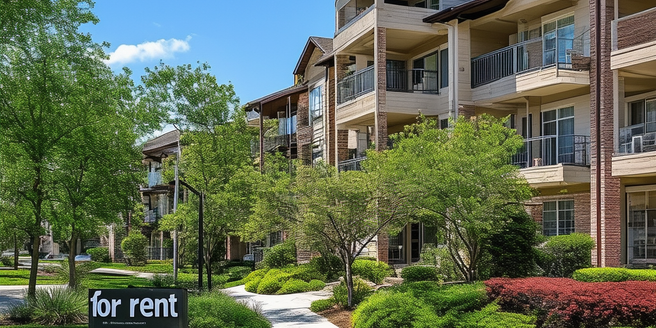How To Ask For Lower Rent

Understanding the Market and Your Position
Knowing the rental market and your position within it is crucial when negotiating for lower rent. Start by researching the current market rates in your area. Websites like Zillow or Rent.com can offer valuable insights. Understand whether it’s a renter’s or landlord’s market; this will influence your leverage. If you find that rents are dropping or the market is saturated with vacant units, you’ll have a stronger case to ask for a reduction. Additionally, consider your own track record as a tenant. Landlords value good tenants who pay on time and take care of the property. If you have been responsible and reliable, use this to your advantage in your negotiation.
Researching Comparable Rental Prices
One of the most persuasive pieces of evidence you can present is data on comparable rental prices. Look for apartments similar to yours in terms of size, location, and amenities. Gather this information from multiple sources for a comprehensive view. Compile a list of these comparable properties and their rental prices. Presenting this data to your landlord will show that your request is based on concrete market conditions, not just personal preference. Highlight any significant differences, such as lower rents in comparable properties, to bolster your case. This approach demonstrates that you have done your homework and are making a fair and informed request.
Building a Strong Case with Evidence
Building a case with solid evidence is key to persuading your landlord. Document any issues with your rental unit that have not been addressed, such as maintenance problems or outdated amenities. Take photographs and keep records of your communications with the landlord regarding these issues. If you have made any improvements to the property at your own expense, include receipts and before-and-after photos. This evidence will show that you are invested in the property and that a rent reduction is justified. Moreover, providing a well-organized and factual case will reflect your seriousness and commitment to a reasonable negotiation.
Timing Your Request for Maximum Impact
Timing is a crucial element in negotiating a rent reduction. Approach your landlord during a period when they are more likely to be receptive. For example, consider making your request towards the end of the month or during the off-peak rental season when demand is lower. Landlords are often more willing to negotiate when facing the possibility of a vacant unit. Be mindful of your lease renewal period; starting the conversation a few months in advance gives you and your landlord ample time to discuss and come to an agreement. Timing your request strategically can significantly improve your chances of success.
Negotiating T tactics and Techniques
To succeed in negotiating lower rent, it’s essential to employ effective tactics and techniques. Start by being polite and professional in your approach. Express your appreciation for the property and your desire to continue as a tenant. Use the research and evidence you have gathered to support your request. Be prepared to suggest a specific reduced rent amount that is reasonable based on your findings. Additionally, consider offering concessions, such as signing a longer lease or prepaying rent, to make your proposal more attractive. Negotiation is a two-way street, and demonstrating flexibility can help you achieve your goal.
Anticipating and Handling Landlord Responses
Anticipating and handling your landlord’s responses effectively can make or break your negotiation. Be prepared for various reactions, from immediate agreement to outright refusal. If your landlord seems hesitant, ask for their concerns and try to address them. They may worry about financial losses or the hassle of finding a new tenant. Offer solutions that mitigate these concerns, such as a longer lease term. If your landlord denies your request outright, remain calm and ask if there are alternative ways to achieve a mutually beneficial agreement. Staying composed and solution-focused will increase the likelihood of a favorable outcome.